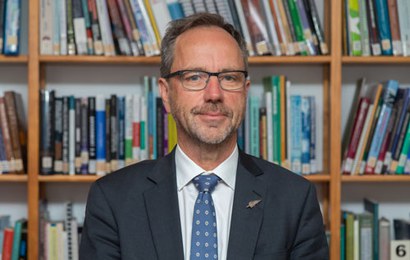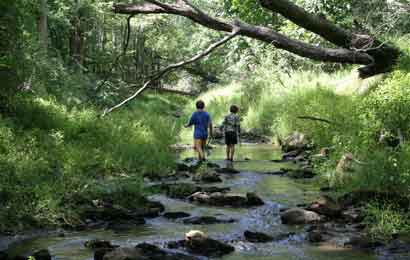Regional councils’ relationships with iwi and hapu for freshwater management – a follow-up report

Auditor-General's overview
“I encourage all councils to consider how they can learn from the observations in this report and the approaches that different councils have taken to working more effectively with iwi and hapū to manage freshwater quality.”

Summary of our follow-up
Read our short summary of why we did this work, what we found, and what needs to happen next.
What's in this follow-up?
Why we did this work
The purpose of this follow-up work was to see what progress Waikato Regional Council, Taranaki Regional Council, Horizons Regional Council, and Environment Southland have made to work with iwi and hapū to strengthen their relationships for managing freshwater quality.
What we found
All four regional councils have made progress in their relationships with iwi and hapū. However, councils could still do more to support more enduring and meaningful relationships.
Waikato Regional Council's progress since 2019
The Council has continued to work with many iwi and hapū to manage freshwater quality. Several iwi and hapū representatives told us that these relationships were mostly strong. However, other iwi representatives told us their engagements with the Council needed to be more meaningful.
Taranaki Regional Council's progress since 2019
We saw some improvements in the trust and confidence iwi and hapū have in their relationships with the Council. However, the Council still needs to do more to develop a strategic approach to building relationships.
Horizons Regional Council's progress since 2019
The Council is working to be more responsive to the ways that different iwi and hapū operate. However, the Council needs to take a more strategic and consistent approach to building relationships with iwi and hapū that is more responsive to the ways that different iwi and hapū want to work.
Environment Southland's progress since 2019
The foundations built from long-standing personal relationships between the Environment Southland and Ngāi Tahu ki Murihiku have created the conditions for enduring and meaningful relationships. This results in more effective freshwater management.
